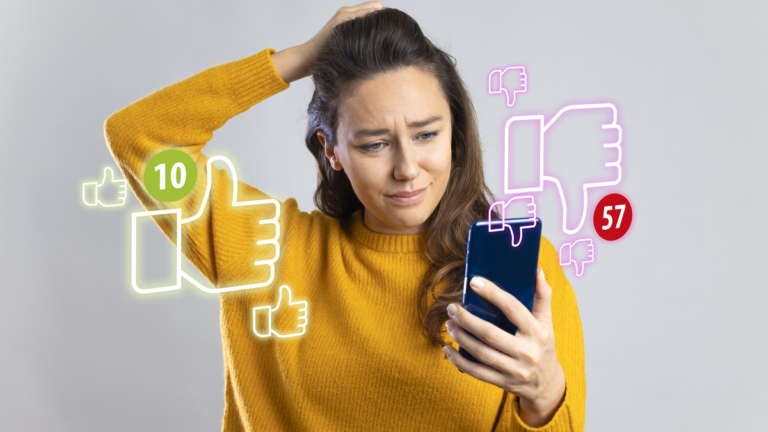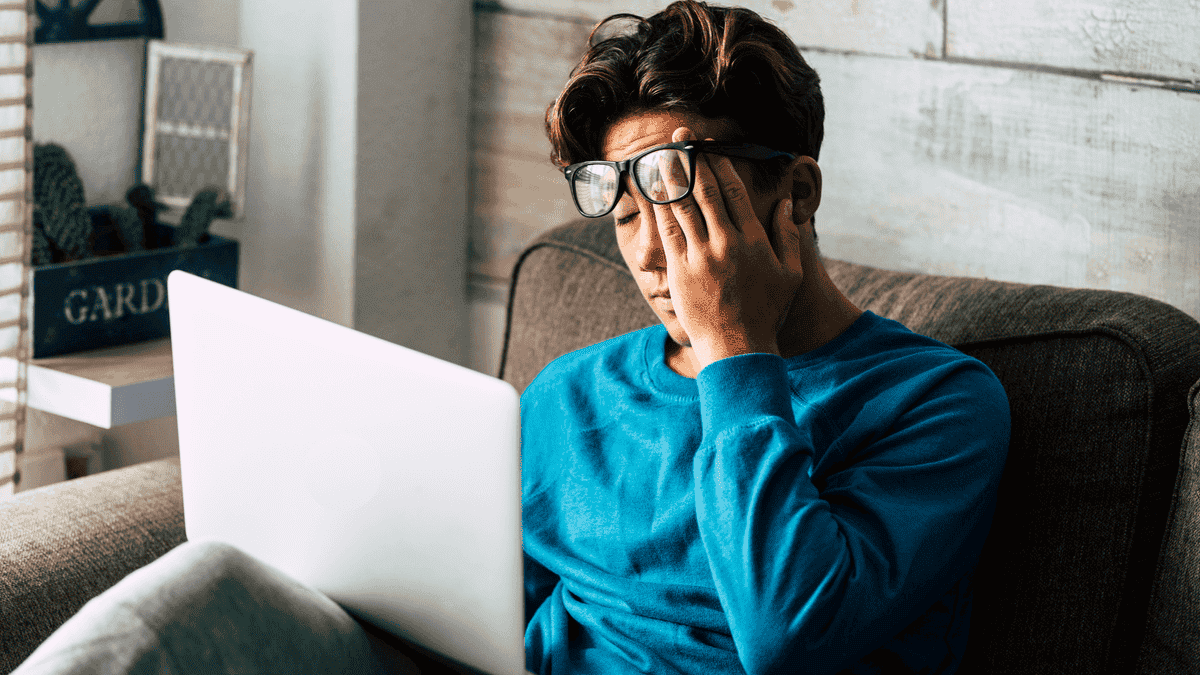By taking a conscious and balanced approach to social media we can promote greater emotional well-being and live a fuller, more satisfying life.
We live in a modern age where social networks have become a fundamental ally in our lives, changing the way we communicate and interact with the world around us. However, behind the benefits offered by these platforms, your mental health may be compromised.
Whether it’s constant comparisons with other people or exposure to negative content, social media can trigger a variety of emotions like anxiety and depression. so, It is important to recognize the impact of these platforms to maintain emotional well-being.
How can social media affect your mental health?
During the last few decades we have witnessed the rapid growth of social networks and their immersion in human daily life. According to the Statista data page, it is estimated that by 2024 there will be 5.17 billion users on platforms like Facebook, X, Instagram, TikTok and YouTube. Which represents about 63% of the world’s population.
However, this phenomenon is not without challenges that can alter the emotional well-being of children, adolescents, and adults. And, in addition to avoiding excessive use of the network, it is essential to protect yourself from cyberbullying; A problem that can have devastating consequences on the mental health of those who experience it.
Here are some ways social media can affect your emotional well-being:
1. Low self-esteem and altered self-perception
Browsing social networks is opening the door to a world of apparent perfection, happiness and unattainable standards of beauty. Each carefully edited image and status update seems to tell a story of success and personal satisfaction. But, in most cases, these are realities that are far away from us.
When we don’t have good self-esteem, unhealthy social comparisons can affect our perception of ourselves. This can lead to feelings of inadequacy, jealousy and insecurity, which impair self-esteem and mental well-being.
A study published in the journal addictive behavior and which involved 23,592 people, suggested that excessive and addictive use of social networks is related to narcissism and low self-esteem. A problem associated with the need for attention and validation, And it more commonly affects young and single women.
2. Anxiety and FOMO (fear of missing out,
FOMO, or fear of missing out, is the worry about not being aware of online content and interactions. According to an investigation by International Journal of Environmental Research and Public HealthFOMO can cause anxiety, disrupt sleep, affect concentration, and lead to dependence on social media.
Similarly, this constant pressure to always be connected and aware of what is happening on the Internet can lead to increased stress levels as well as difficulties in dissociating and relaxing. Furthermore, it may be Compulsive behavior, such as obsessively checking social media.
3. Dependence and addiction
Dependence on social media manifests in such behaviors as a compulsive need to check notifications frequently, difficulty staying online for long periods of time, and feeling unwell or anxious when the Internet cannot be accessed.
This dependence can interfere with daily life, affecting interpersonal relationships, academic or work performance, and people’s general mental health.
On the other hand, social media addiction can be even more serious and have devastating effects on mental health. There is an increased risk of depression, anxiety, loneliness and low self-esteem. It is characterized by consuming excessive amounts of network time at the expense of other important activities.
4. Social isolation and disconnection
Excessive use of social media can reduce the quantity and quality of time spent with friends and loved ones in the real world. Instead of interacting with people around us, we may find ourselves lost in our screens, Valuable opportunities for genuine connection and emotional support are being lost.
According to a study published in the journal, the above is very worrying addictive behavior, real-life support alone is linked to less depression, anxiety, and feeling lonely. this suggests Real contact is more important for our mental health than online conversations.
5. Tiredness and mental fatigue
When we spend too much time in front of the screens of our devices, our brain is constantly flooded with information and stimuli. This can make us feel tired and exhausted.
Mental exhaustion can manifest as difficulty concentrating, lack of motivation, and a general feeling of fatigue. In turn, constant exposure to social media can disrupt our sleep, leading to increased mental and physical fatigue.
Use social networks wisely and take care of your mental health
Your emotional well-being is a priority, and making decisions about healthy use of social media can make a big difference in how you feel in your daily life. So prioritize personal interactions with your loved ones, practice digital disconnection, protect yourself from cyberbullying and seek professional help if necessary.




